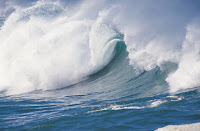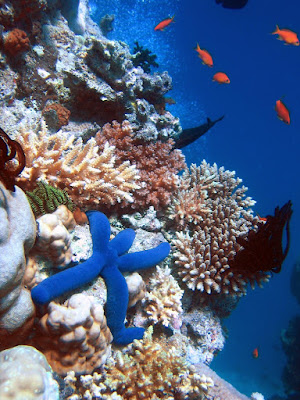by Larry Powell An international team of scientists is calling for more marine reserves as a way to lessen the impact of manmade climate change. The researchers believe, even if greenhouse gases are reduced in order to meet targets set out in the Paris Climate Accord, life on Earth will still face “serious stress and damage.” So more still needs to be done. A blue rockfish in the Channel Islands Marine Sanctuary. NOAA Photo Library Marine reserves are areas of ocean where fishing and development are declared illegal. They’ve been shown to result in greater biodiversity, density, mass and size among fish and other marine life living there. Yet only a very small percentage of the world’s oceans have been set aside for this purpose. The team suggests, well-managed marine reserves would help people adapt to “five prominent impacts” of climate change. These are; ocean acidification, sea-level rise, worsening storms, the distribution of marine life and decreas












